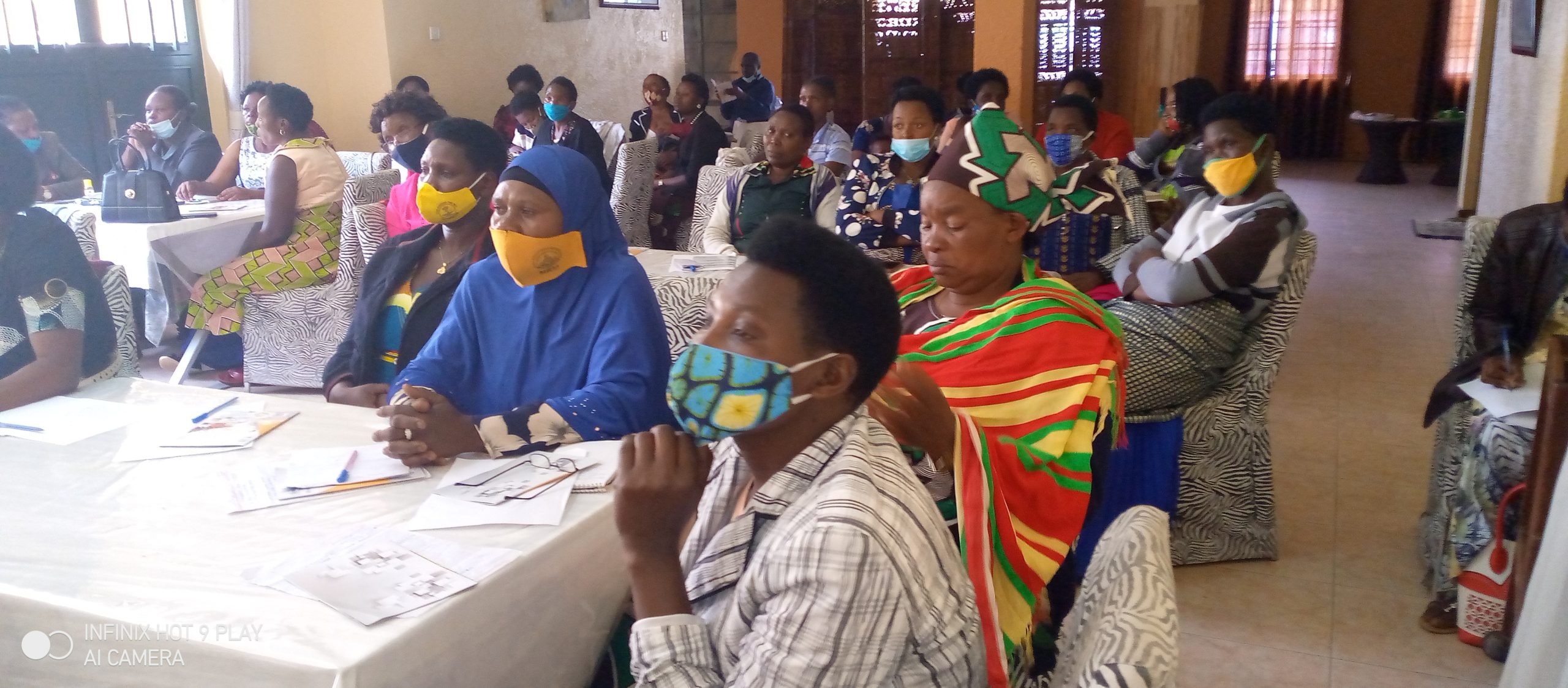Gender Budgeting

Making resources available for single women is imperative to address
structural disadvantages faced by single women. As much as budgets are
a political tool, they are also a tool for gender justice. Public policies, rather
than being ‘gender neutral’, need to address gender inequalities in a
purposeful and direct manner. Despite the Constitutional guarantee of
equality for women, non-discrimination against single women remains an
unfulfilled promise. Apart from the patriarchal, gender biases in planning
activities, it is critical to assess the outcomes of women-specific schemes
and whether or not they reach women in the desired way and transform
gender roles or if they simply reinforce gender stereotypes by adding to
women’s unpaid and reproductive work. Since women’s labour has become
the backbone of the economy (be it agriculture, informal sector,
construction workers or as migrant workers), it necessitates
institutionalizing the practice of gender budgeting to address women’s
specific vulnerabilities within each ministry and Local Government, rather
than just the Ministry of Gender, Labour and Social Development. An
intersectional understanding of multiple disadvantages that single women
face necessitates that laws and allocations are not gender-neutral but
specially focused on women who face crippling socio-cultural, economic
and political discriminations not only because of their gender but also
because of their identity as Muslim, tribal, disabled, transgender women.
SIWONET is working to ensure that implementation of women-related
programmes and laws is gender sensitive. SIWONET is working with local
governments to involve single women in planning in order to effect better
allocation of funds, utilization of resources and robust monitoring
mechanisms (such as gender audits).

Good theme !